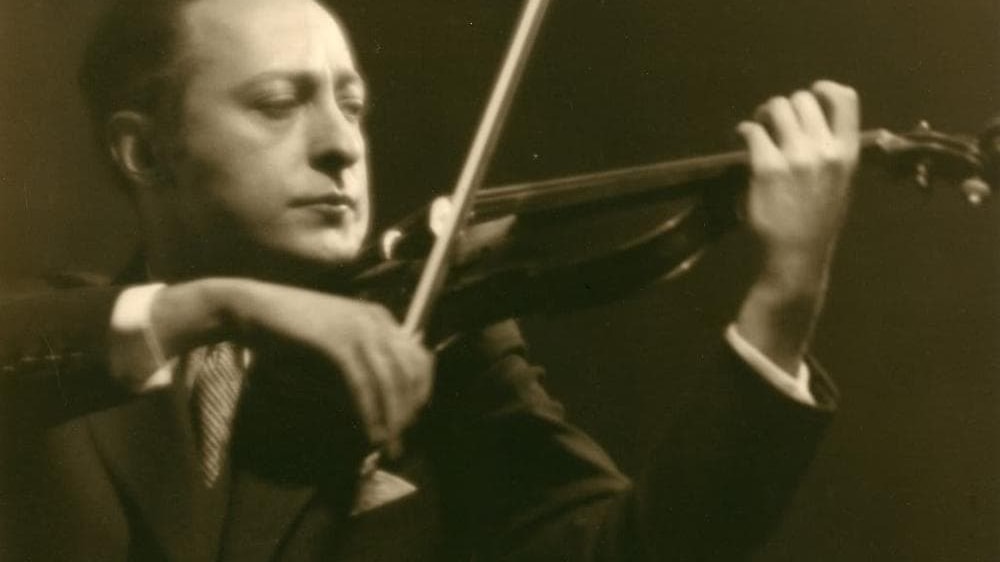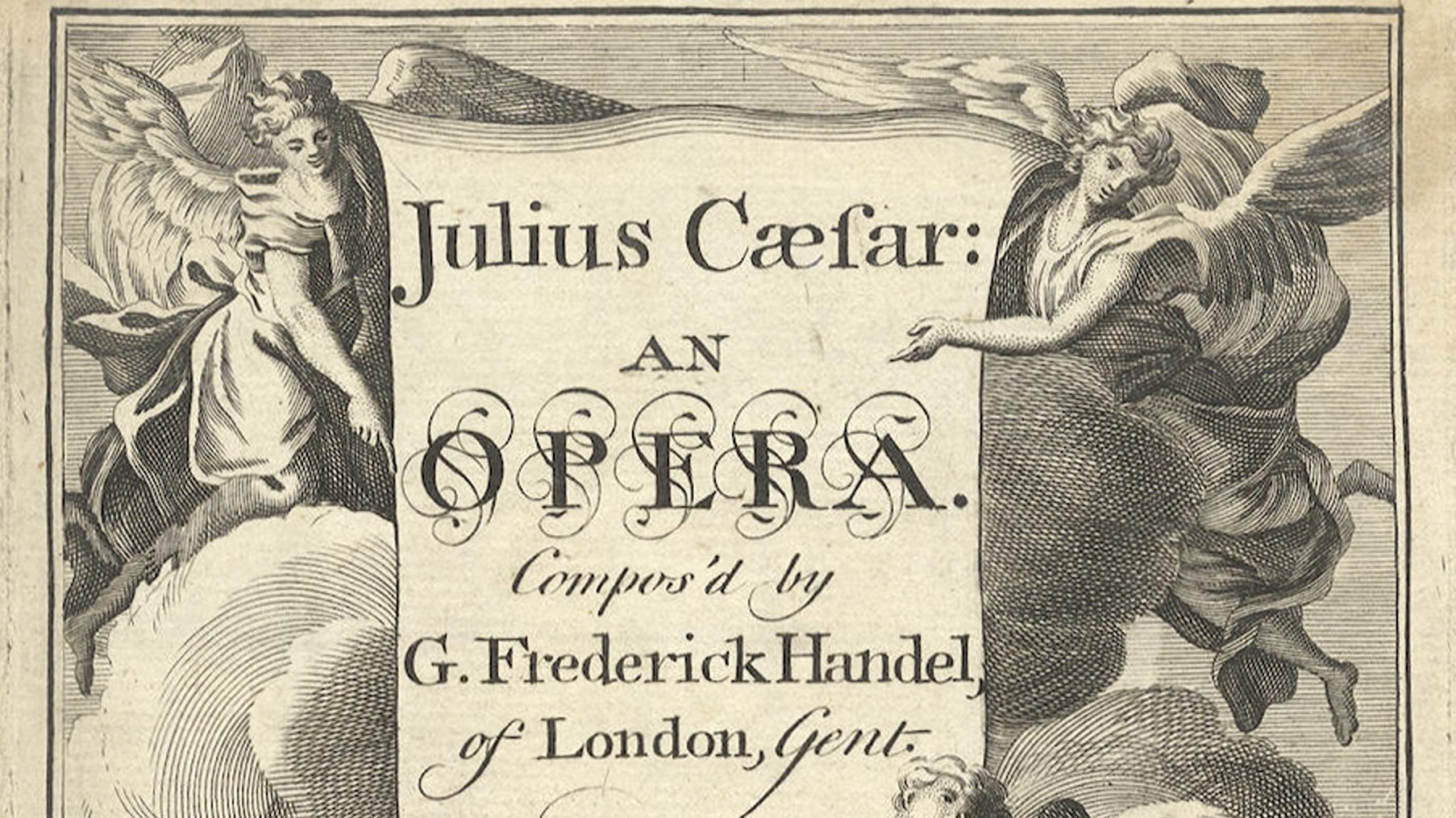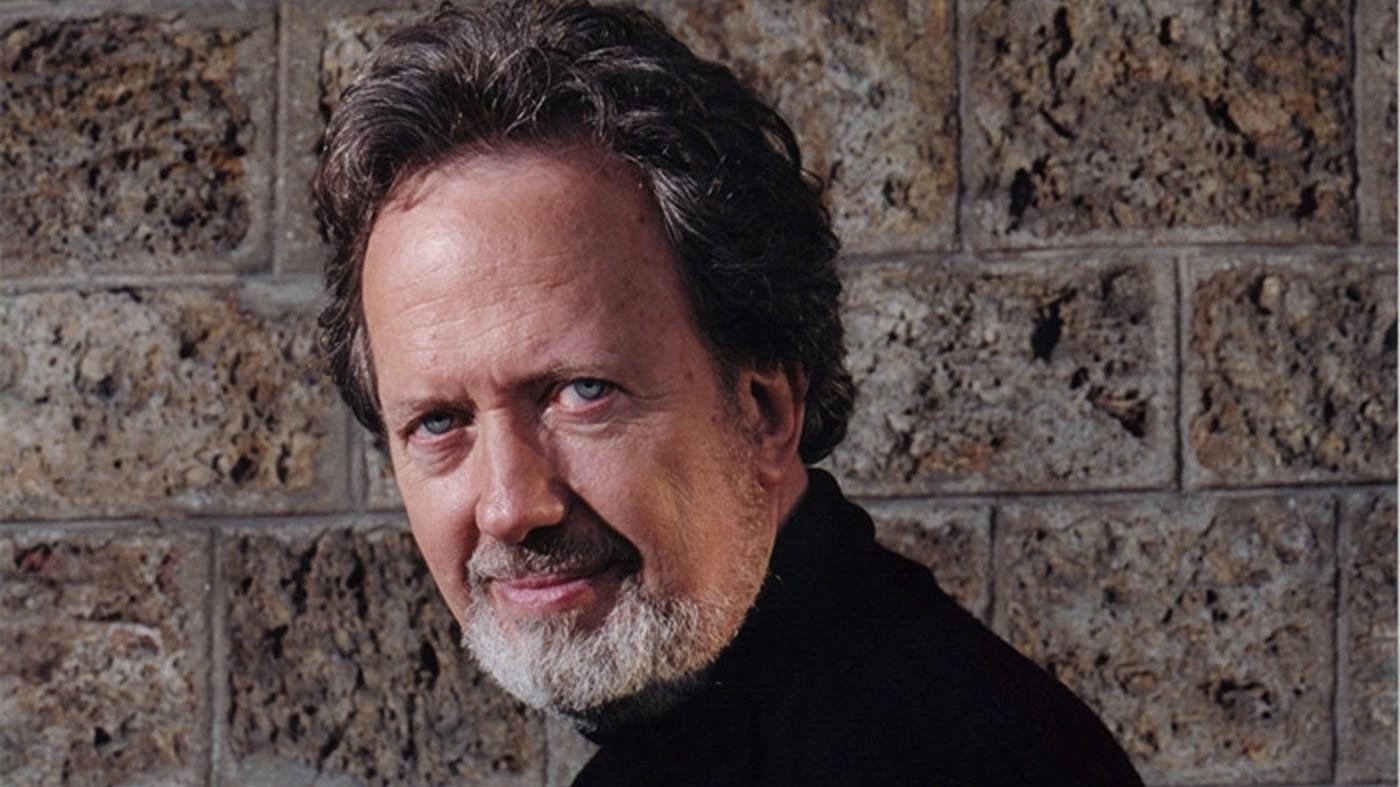Jascha Heifetz and Bing Crosby: Berceuse from Godard’s “Jocelyn”
Jascha Heifetz was the ultimate “crossover artist” before the term existed. During the Second World War, Heifetz joined popular entertainers such as Bing Crosby and Bob Hope in performances for U.S. servicemen. Heifetz’ collaborations with Crosby included this performance, recorded in Los Angeles on July 13, 1946, months after the War’s end. Accompanied by the studio musicians of the Victor Young Orchestra, Heifetz and Crosby performed the Berceuse (Lullaby) from the opera, …






